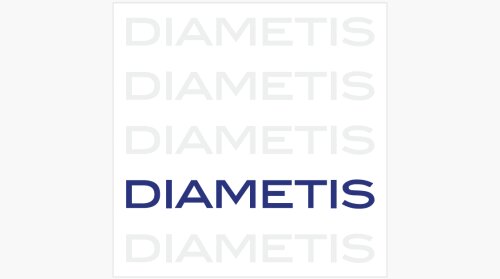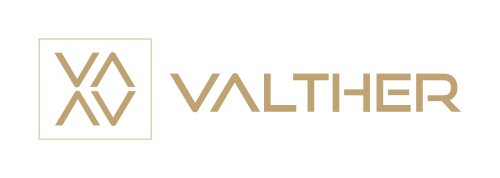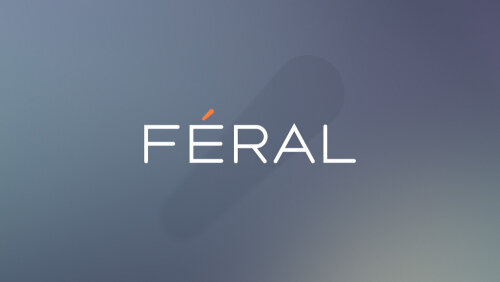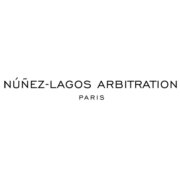Best Technology Transactions Lawyers in France
Share your needs with us, get contacted by law firms.
Free. Takes 2 min.
Or refine your search by selecting a city:
List of the best lawyers in France
About Technology Transactions Law in France
Technology Transactions in France refer to the legal aspects of deals and agreements involving technology products and services. This can include software licensing, cloud computing agreements, technology outsourcing, data protection, and more.
Why You May Need a Lawyer
You may need a lawyer for Technology Transactions in France if you are drafting or negotiating contracts, dealing with intellectual property rights, facing data breaches, or need guidance on compliance with local laws.
Local Laws Overview
Key aspects of local laws in France relevant to Technology Transactions include the General Data Protection Regulation (GDPR), consumer protection laws, intellectual property rights, and regulations on electronic commerce.
Frequently Asked Questions
Q: What is the importance of complying with GDPR in Technology Transactions?
A: Compliance with GDPR is crucial in Technology Transactions to protect personal data and prevent costly fines for non-compliance.
Q: How can I protect my intellectual property in Technology Transactions?
A: You can protect your intellectual property in France through trademarks, patents, copyrights, and trade secrets agreements.
Q: What are the consequences of a data breach in Technology Transactions?
A: Data breaches in France can lead to fines, legal actions, damage to reputation, and loss of trust from customers.
Q: Is it necessary to have a written contract for Technology Transactions in France?
A: Having a written contract is highly recommended to avoid disputes and clarify the rights and obligations of each party involved.
Q: What are the common clauses in a technology agreement in France?
A: Common clauses include confidentiality, intellectual property rights, warranties, liability, termination, and dispute resolution.
Q: How can a lawyer help in negotiating Technology Transactions?
A: A lawyer can review contracts, negotiate terms, ensure legal compliance, protect your interests, and provide legal advice throughout the process.
Q: What are the legal risks of technology outsourcing in France?
A: Legal risks of technology outsourcing include data security breaches, non-compliance with laws, disputes over service levels, and intellectual property infringement.
Q: What are the key differences between software licensing and software development agreements?
A: Software licensing agreements focus on granting rights to use software, while software development agreements involve creating custom software according to specific requirements.
Q: Can I transfer personal data outside of France in Technology Transactions?
A: Yes, but you must ensure compliance with GDPR requirements, such as obtaining consent, implementing safeguards, and verifying the security of data transfers.
Q: What are the best practices for data protection in Technology Transactions?
A: Best practices include conducting risk assessments, implementing security measures, establishing data protection policies, training employees, and regularly reviewing compliance.
Additional Resources
For more information on Technology Transactions in France, you can refer to the French Data Protection Authority (CNIL), the National Institute of Industrial Property (INPI), and the French National Commission for Information Technology and Civil Liberties (CNIL).
Next Steps
If you need legal assistance in Technology Transactions in France, consider contacting a qualified technology transactions lawyer who can provide personalized advice and guidance based on your specific needs and circumstances.
Lawzana helps you find the best lawyers and law firms in France through a curated and pre-screened list of qualified legal professionals. Our platform offers rankings and detailed profiles of attorneys and law firms, allowing you to compare based on practice areas, including Technology Transactions, experience, and client feedback.
Each profile includes a description of the firm's areas of practice, client reviews, team members and partners, year of establishment, spoken languages, office locations, contact information, social media presence, and any published articles or resources. Most firms on our platform speak English and are experienced in both local and international legal matters.
Get a quote from top-rated law firms in France — quickly, securely, and without unnecessary hassle.
Disclaimer:
The information provided on this page is for general informational purposes only and does not constitute legal advice. While we strive to ensure the accuracy and relevance of the content, legal information may change over time, and interpretations of the law can vary. You should always consult with a qualified legal professional for advice specific to your situation.
We disclaim all liability for actions taken or not taken based on the content of this page. If you believe any information is incorrect or outdated, please contact us, and we will review and update it where appropriate.
Browse technology transactions law firms by city in France
Refine your search by selecting a city.

















